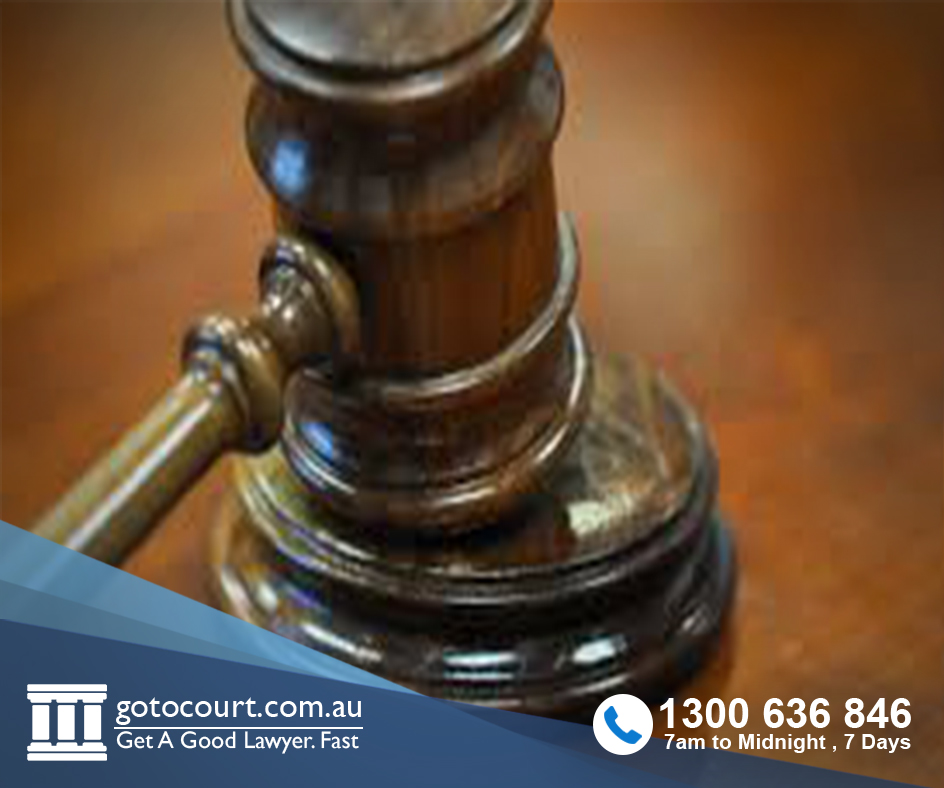Wills That Are Torn or Marked (WA)
When a person makes their will in Western Australia, it is generally valid until they revoke it, provided the formal requirements such as signing and witnessing the will have been adhered to. Informal wills may also be found to be valid by a court where there is evidence that the testator intended the document to their last will. But sometimes, when a person dies, their will is found to be torn, marked or otherwise damaged and questions arise as to whether the document is still valid. This article looks at what happens when wills are torn or marked in Western Australia.
Will Has Been Torn Or Marked In Order To Revoke It
In WA, wills are governed by the Wills Act 1970. Under section 15 of that act, a will can be revoked by:
- the testator making a later will;
- the testator signing a written document declaring an intention to revoke it;
- the testator, or another person at their instruction and in their presence, burning, tearing or otherwise destroying the will in order to revoke it.
Will Has Been Torn Or Marked In Order To Vary It
Under section 10 of the Wills Act 1970, the provisions of a will can be altered if the change is signed by the testator and witnessed. This can be done either in the margin of the will or near the alteration or as authentication of a memorandum referring to the alteration and written on the will.
Criminal Offences of Interfering With A Will
In WA, it is a criminal offence to steal, destroy or interfere with a will, whether the testator is living or dead. The offences and penalties that apply are set out below.
Concealing a will
Under section 380 of the Criminal Code Act Compilation Act 1913, it is a crime to conceal a will with intent to defraud is guilty. The maximum penalty that applies for this crime is imprisonment for 14 years.
Stealing a will
Under section 378 of the Criminal Code Act Compilation Act, it is a crime to steal a testamentary instrument. The maximum penalty for this is imprisonment for up to 10 years.
Possessing a will that was unlawfully obtained
Under section 417A, it is a crime to possess a will that was unlawfully obtained. The maximum penalty that applies for this is ten years imprisonment.
Wills that are Torn Or Marked Accidentally
If a will is torn or marked and it seems that the damage was not deliberate, the executor may seek to have the will accepted into probate. The court will need to be shown evidence of how the will was damaged and must be satisfied that it was not the testator’s intention to revoke the will.
Testamentary Capacity
One of the requirements for a will to be legally binding is that the testator must have had testamentary capacity at the time it was executed. If a person has testamentary, they have the ability to make a will and understand its effect. A person may be found not to have testamentary capacity because they have a mental illness or intellectual disability. The level of capacity required depends on how complex the will is and the number of claimants.
If a person no longer has testamentary capacity and attempts to revoke or alter their will, the alteration or revocation will have no effect.
Will Cannot Be Found
Sometimes a person passes away, and their family knows that they made a will but the document cannot be found.
When this occurs, if the will was known to have been stored by the testator, it will be presumed that they destroyed the will intentionally in order to revoke it. If it was stored elsewhere and cannot be found, the executor will need to produce a copy to the probate office together with evidence that the will was not revoked. The copy may be unsigned, but evidence will need to be produced that it was later signed.
If neither a copy of the will nor the original can be located, the estate will be dealt with as an intestate estate.
If you require legal advice or representation in any legal matter, please contact Go To Court Lawyers.








